Introduction
The Complete Guide to Cane Corso reveals their temperament, personality, and care tips.
- They have a strong protective instinct and are naturally reserved
- Proper training and socialization are crucial for their behavior
- These dogs are known for their intelligence and alertness
- Understanding their temperament is key to a happy relationship
- Cane Corsos needs an experienced owner who can provide firm leadership
1. Understanding Cane Corso's Temperament
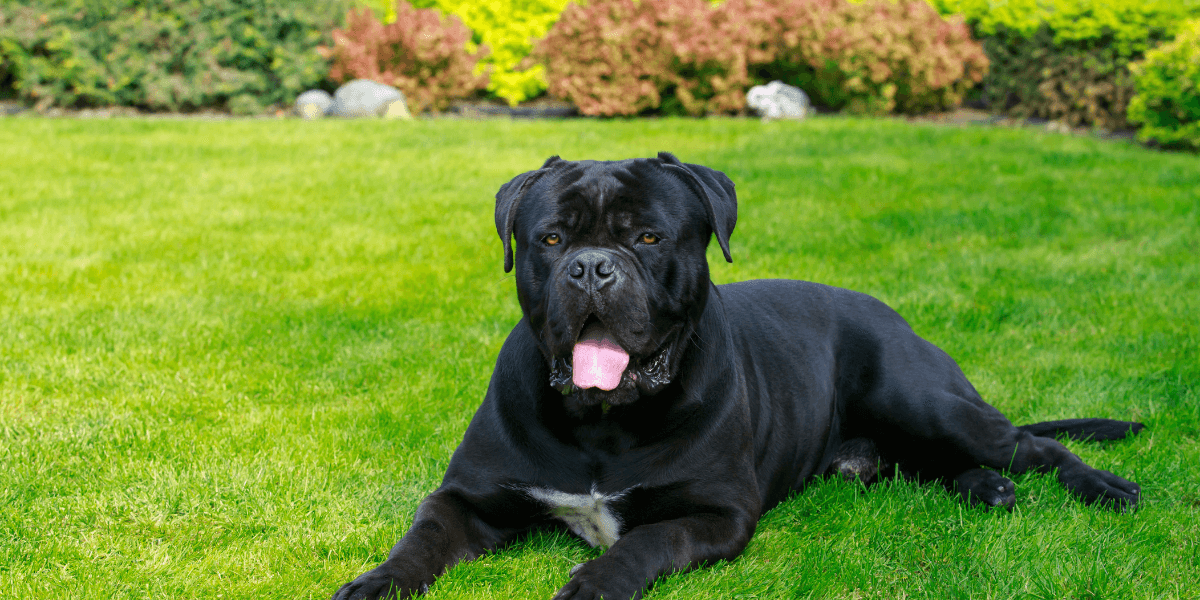
Cane Corso's temperament is balanced with loyalty and protectiveness.
- Protective Instinct: They are naturally inclined to protect their family
- Loyal Nature: They form strong bonds with their owners and are loyal
- Reserved Personality: Cane Corsos are wary of strangers and new situations
- Confident Demeanor: They exhibit confidence, making them excellent guard dogs
- Requires Leadership: These dogs thrive under firm and consistent leadership
2. Socializing Your Cane Corso

Early socialization is essential for a well-behaved Cane Corso.
- Importance of Socialization: It helps them adapt to various environments
- Interaction with People: Introduce them to different people regularly
- Exposure to Other Animals: Gradually expose them to other pets
- Controlled Environment: Ensure socialization happens in controlled settings
- Consistent Reinforcement: Reinforce positive behaviors during socialization
3. Training Your Cane Corso
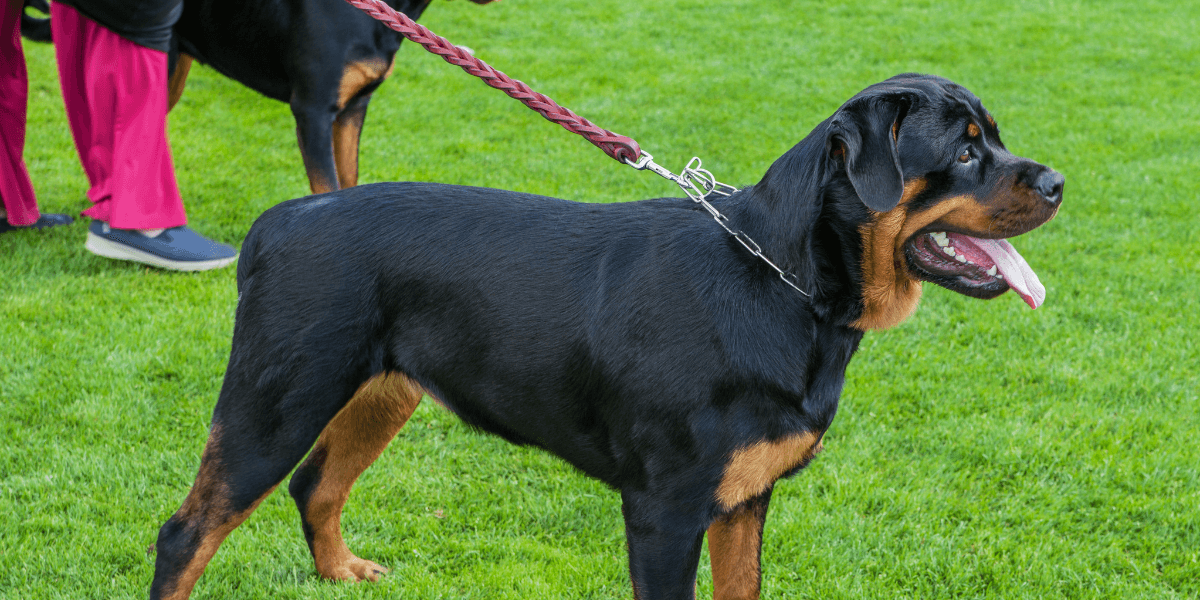
Training a Cane Corso requires patience, consistency, and positive reinforcement.
- Obedience Training: Start with basic commands to build discipline
- Positive Reinforcement: Reward them for following commands promptly
- Consistent Routine: Establish a regular training schedule for best results
- Avoid Harsh Methods: Use gentle yet firm techniques for training
- Professional Help: Consider professional trainers if challenges arise
4. Cane Corso and Family Life
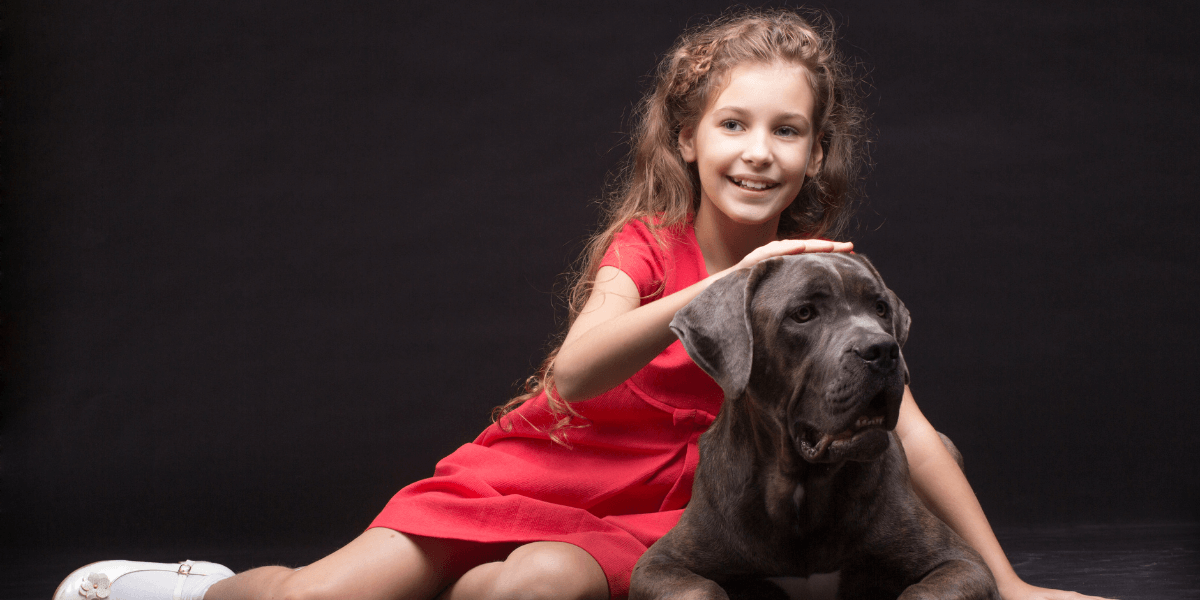
Cane Corsos can be a loving and protective family member with proper care.
- Child Interaction: Supervise interactions between Cane Corsos and children
- Family Bonding: Encourage bonding activities with all family members
- Protective Nature: Understand their protective instinct towards family
- Space Requirement: Provide ample space for them to move around comfortably
- Energy Levels: Engage them in activities that match their energy levels
Compare Cane Corso and Doberman traits as family pets—learn more about their suitability for kids.
5. Health and Wellness
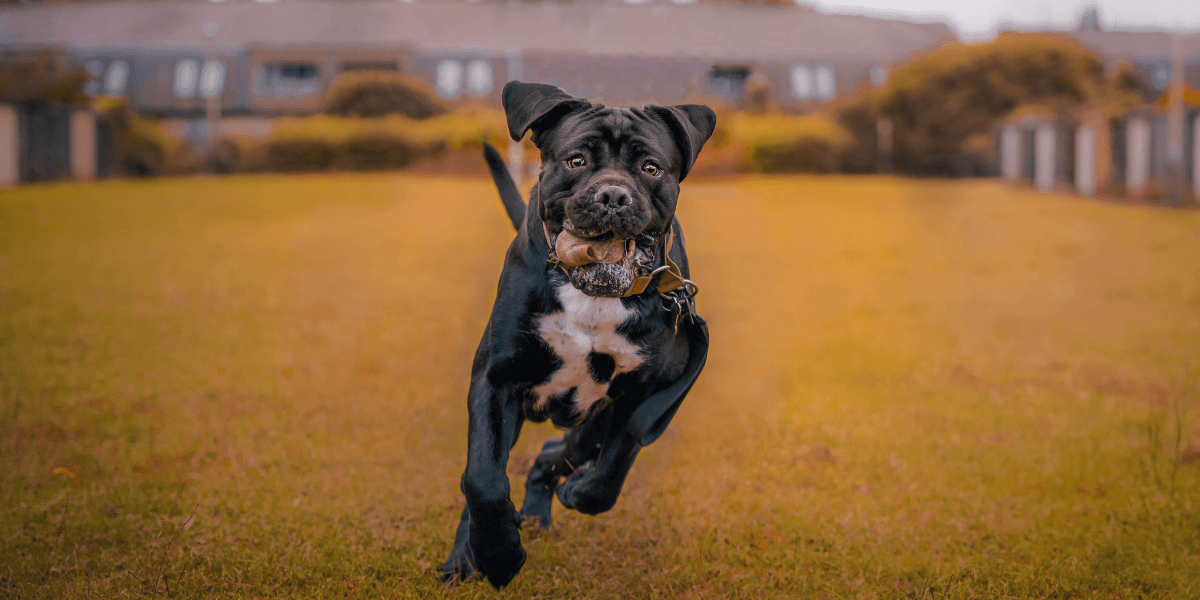
Maintaining the complete guide to Cane Corso ensures a happy and active life.
- Regular Vet Visits: Schedule routine check-ups to monitor their health
- Balanced Diet: Provide a diet that meets their nutritional needs
- Exercise Requirements: Ensure they get regular exercise to stay fit
- Dental Care: Regularly clean their teeth to prevent dental issues
- Weight Management: Monitor their weight to avoid obesity-related problems
For comprehensive insights into Cane Corso health and wellness, read this detailed guide.
6. Common Behavioral Issues
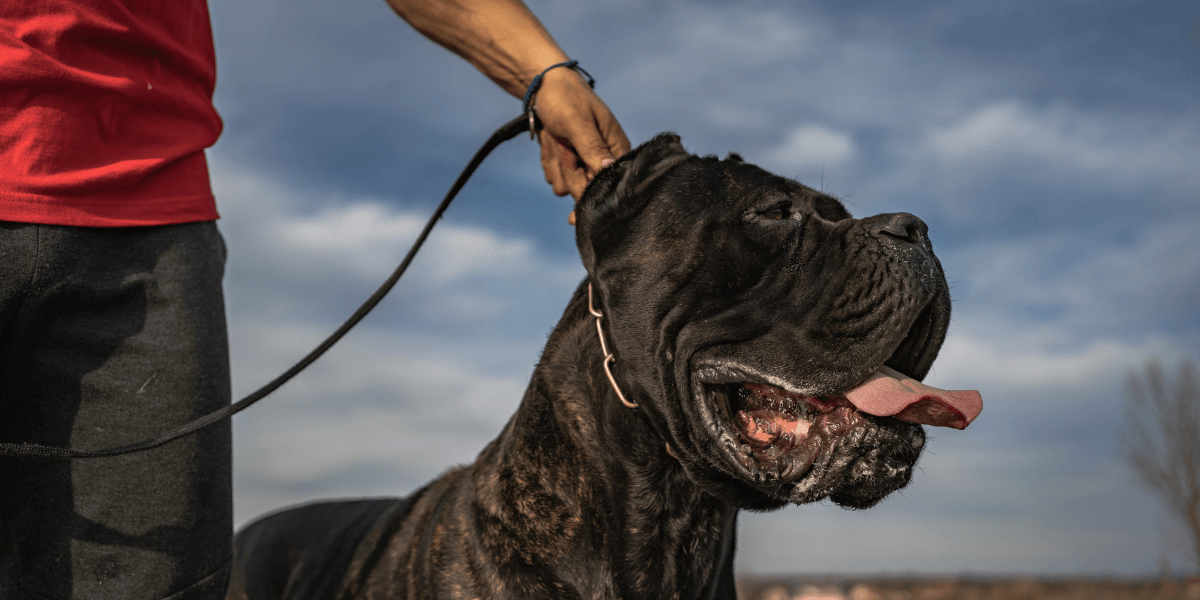
Addressing behavioral issues early can prevent future problems.
- Separation Anxiety: They may develop anxiety when left alone for long
- Aggression Triggers: Identify and manage potential aggression triggers
- Barking: Teach them to bark only when necessary through training
- Chewing: Provide appropriate chew toys to prevent destructive chewing
- Dominance: Ensure they understand their place within the family hierarchy
7. Is a Cane Corso Right for You?
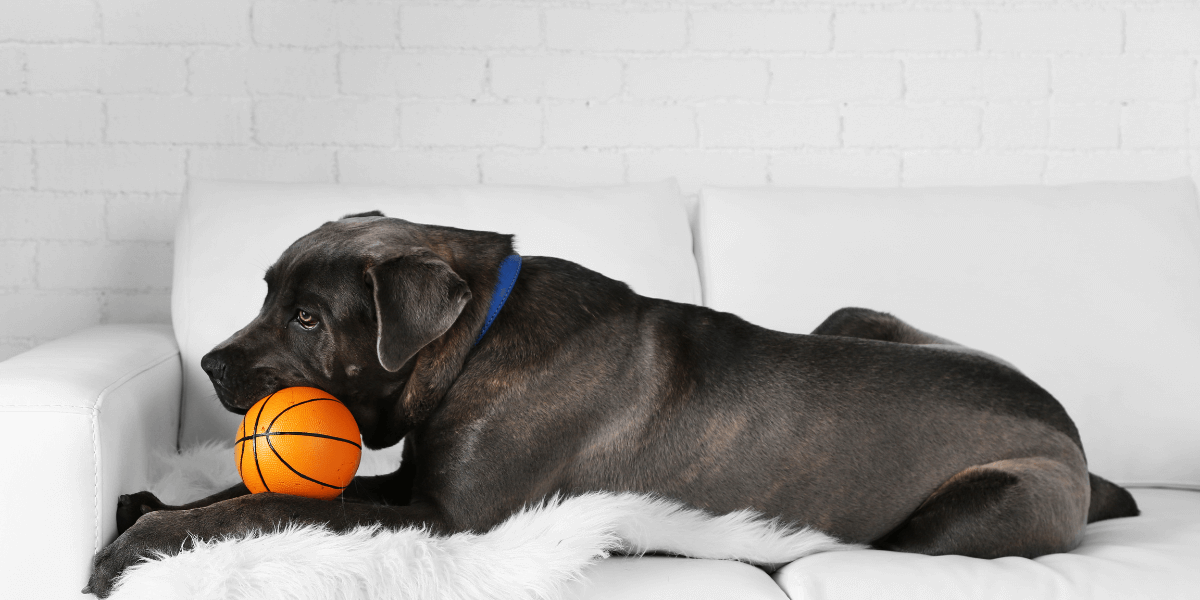
Consider your lifestyle and experience before adopting a Cane Corso.
- Experience Level: Best suited for experienced dog owners
- Time Commitment: Requires significant time for training and socialization
- Space Availability: Needs a home with enough space for them to thrive
- Family Dynamics: Ensure they fit well with your family’s needs
- Long-Term Commitment: Be prepared for the long-term care they require
Curious how the Cane Corso compares to the German Shepherd as a family pet? Find out here.
FAQs
1. Are Cane Corsos good with children?
- With proper training and socialization, Cane Corsos can be good with children
2. Do Cane Corsos require a lot of exercise?
- Yes they need regular exercise to stay healthy and happy
3. Can Cane Corsos live in apartments?
- They can adapt to apartments if given enough exercise
4. Are Cane Corsos aggressive?
- They can be if not trained and socialized properly
5. What is the life expectancy of a Cane Corso?
- They typically live between 10 to 12 years
Conclusion
- The Complete Guide to Cane Corso ensures you understand their needs
- Proper training and socialization are vital for their well-being
- They require experienced owners who can provide strong leadership
- Just like Dobermans, Cane Corsos thrive with regular exercise to keep them happy and healthy.
- Address behavioral issues early to maintain a healthy relationship
- Ready to welcome a Cane Corso? Start by learning more about their needs
References




